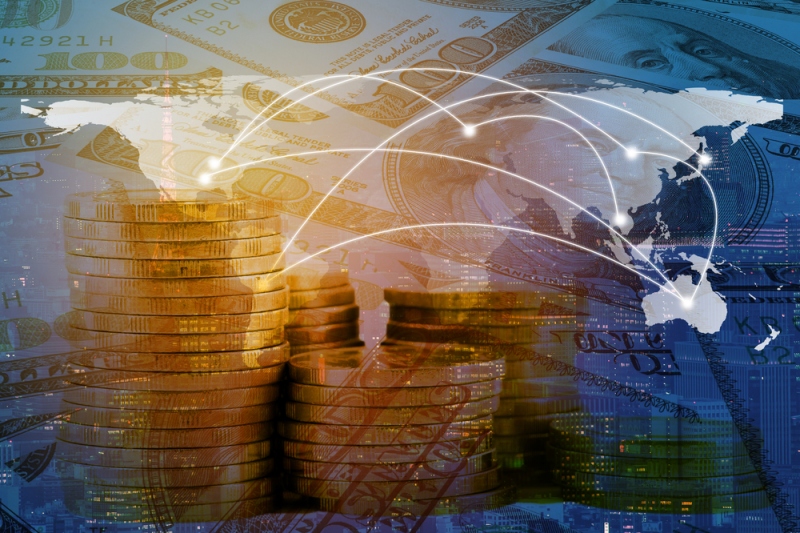Diminishing marginal utility is a guiding metric that can make or break even the biggest trade relationships.
Credit expansion is important for helping businesses grow and allowing government agencies to meet their financial obligations. However, many economic experts claim it leads to long-term problems in global trade.
The business cycle, a phenomenon which involves economic fluctuations, is a possibility for traders around the world. But does the business cycle really create trade risks? If so, how much can these risks influence global trade relationships?
What is the Business Cycle?
The business cycle is a process that occurs when a nation’s currency supply is increased. As more money is printed, the increased availability has a major impact on the native economy and the global traders who work with it.
An increase in the money supply tells producers two things. The first is that consumers are spending less. Greater availability of money means banks can charge lower interest rates, which leads producers to assume people are saving their money rather than spending it at the current moment.
The second thing this tells businesses is that they should pursue expansions and upgrades. Lower interest rates make these projects more affordable, and many organizations jump at the chance to get loans while the price of money is low.
The Unfortunate Side-Effects of Credit Expansion
Expanding the money supply means there is more money to spend. However, it does not automatically mean there will be more things to buy.
When the productive capacity of the economy cannot keep up with the pool of available currency, there is simply more money for the existing goods and services to be spread out over. The result is higher prices and sharp (unexpected) increases in costs once the market corrects itself.
In emergency situations, banks can use quantitative easing to honor their agreements. Banks can transfer money to one another to help when supplies are low. But too much currency in circulation doesn’t just lead to an increase in costs – it can lead to expansion projects getting halted halfway through as prices shoot up unexpectedly.
The result is companies liquidating their assets by cutting projects short, laying off workers, and even closing down entire facilities.
Comparing the Global Trade Risk to Poker
Exchange rates and differences in trade agreements make global trading a risky and complex business. For many people, going with the safest bets is the best option. The companies that generally show good stock prices are the ones that adapt well to market conditions. Compare this to playing a Texas Hold’em hand. As one player continues to amass more and more chips the other players have less and less buying power. This leads to players with less chips making riskier bets on hands than they normally would. If the player is allowed the continually buy back in the value of the other players currency is diminished because the playing field become more level.
By analyzing economic factors and learning from fluctuations in the credit supply, some businesses can remain relatively stable. Analyzing risks is a complex process, and affects the way the brain functions. Studies have demonstrated how risk-taking involves multiple parts of the brain in different situations, and even influences our daily lives. Trading has been compared to playing poker since the stock market’s inception. To compete at the highest level, poker players need to manage their hand, the potential hands of all their competitors and what’s left in the deck to quantify their probability of winning the hand. This is very much like the markets where traders need to understand global economies, their countries’ economies and shifting tides in companies or commodities.
Being knowledgeable of the risks makes things easier for global traders. While the business cycle affects successful companies too, global traders will find less risk by trading with partners that react properly to risks.
















